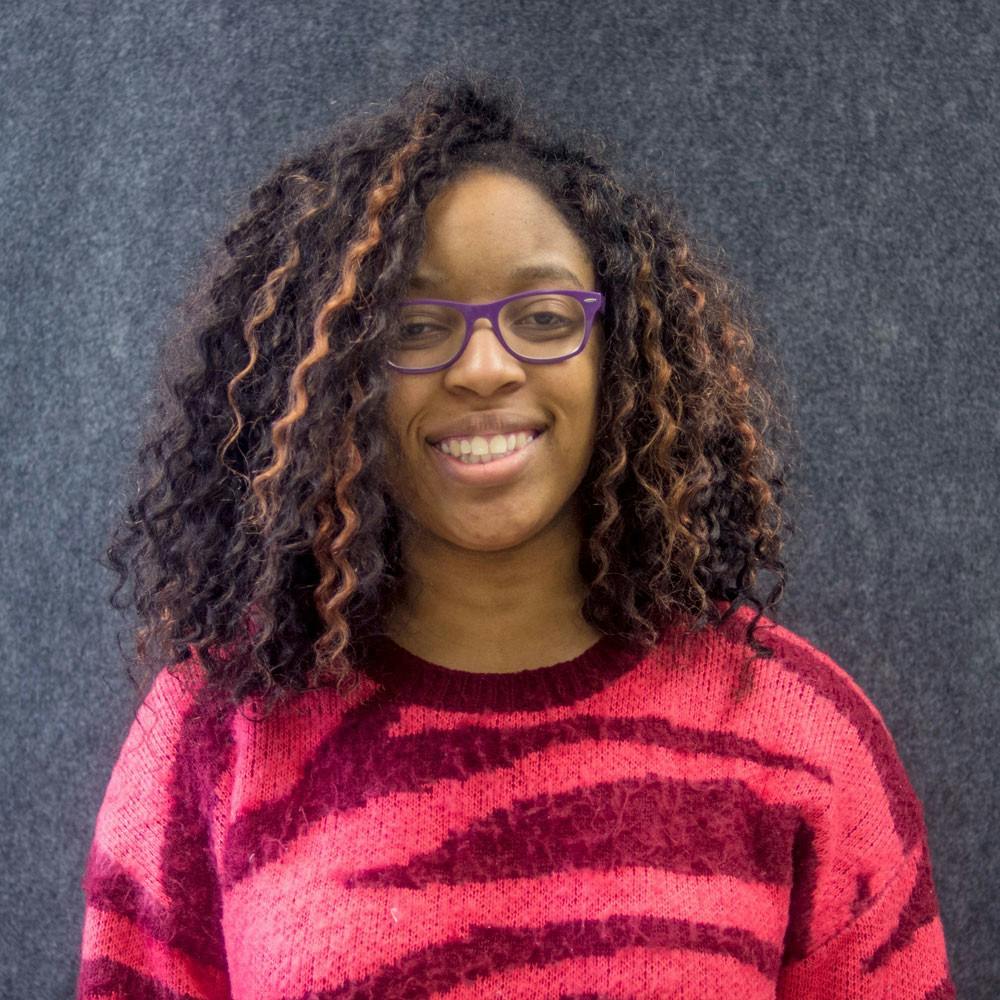“Whatever happened to predictability? The milkman, the paperboy, evening TV?”
Well, whatever happened to originality in TV?
Millennials have more advanced technology than ever before; people often think about youthful times they used to have and wonder what it would be like to go back to those moments.
Since turning 20, I have been thinking a lot about this. I have been watching the YouTube channel Clevver TV. There are many different segments including food and beauty, but the videos that always catch my attention the most are the throwback segments.
The videos have titles like "11 Things You Thought Were Cool 10 Years Ago" or "Best & Worst ’90s Fashion Trends."
YouTube isn't the only one catching on to this throwback trend. Many television shows are catching on to it as well.
From sequels like “Fuller House” and “Girl Meets World,” to historical flashbacks like “The Goldbergs” and “Fresh Off The Boat,” continuations and remakes of shows are becoming the next big sensation on network television.
It’s almost as if producers are running out of new ideas.
This specifically can be seen in the “Boy Meets World” sequel “Girl Meets World.” The show follows Cory and Topanga from the original series and their children Riley and Auggie as they have similar experiences as their parents.
In “Girl Meets World,”we see Riley go through many challenges in her young life, much like her father Cory did in “Boy Meets World.” The only difference is that Riley is going through struggles in the 2010s and not the 1990s.
In the original, Cory was concerned about things like helping his best friend Shawn find the girl who owned the lost and found purse. In the new series, Riley has problems like having her cell phone taken away by her dad.
Though it may seem like “Girl Meets World” is a stretch from the original “Boy Meets World,” it is not so much so.
To me, throwback programming doesn't only mean shows that are based on or stem from older shows alone. Throwback programming can also include programs that allude to an earlier time period.
This is seen in “The Goldbergs,” an autobiographical show created by Adam Goldberg about his life as a child in the ’80s. Adam reflects on his childhood living with his mother Beverly, his father Murray, his two siblings Erica and Barry and his grandpa, Pops.
Not everyone grew up in the ’80s like Adam, but the show is still very relatable. Adam goes through things like relationship troubles, fitting in and dealing with a smothering mother.
The main difference between this show and any other show from the ’80s is that it is more modern in all aspects. The set, clothes and even hair are modern versions of the ’80s.
That is the great thing about “The Goldbergs” – if you are from the ’80s, the show is really relatable and makes you nostalgic. For those who didn’t grow up during that time, the show is a modern learning experience where viewers can understand and enjoy the past.
I have mixed emotions about throwback shows. On one hand, it’s great to see classics being revitalized. But on the other hand, it would be nice to see fresh ideas hit the major TV networks.
Even though I didn't grow up in the ’80s, growing up in the early 2000s makes me appreciate the simpler times that these shows portray.
In another sense, with shows like “Girl Meets World,” I sometimes get annoyed because people often try to compare it to its predecessor. When the current show cannot live up to the expectations of the previous show, it gets really frustrating for the viewers to watch.
I feel as though throwback programming is great, but it can sometimes be a hit or miss situation. With “The Goldbergs,” we get a great piece of nostalgia from Adam Goldberg's point of view. With “Girl Meets World,” we get a sequel to the classic “Boy Meets World” tale.
Either way, if you feel nostalgic and want to go back to a simpler time in your life, watching a throwback show should do the trick.
Catherine Campbell is an arts staff writer and can be reached at arts@ubspectrum.com





